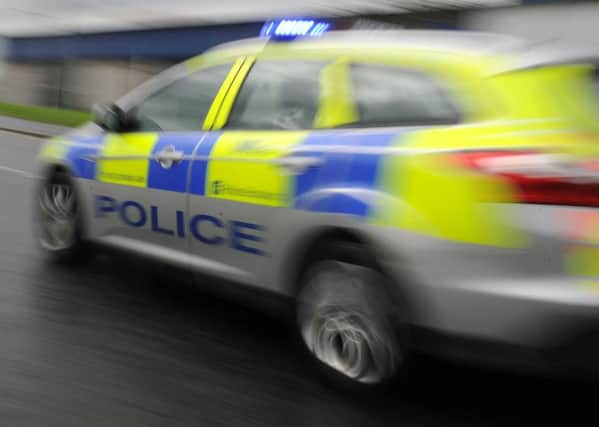Leaders: To cut or not to cut after election?


Usually it is framed as to what effect this will have on the economy, seen as a choice between borrowing more money to fund projects that would provide work and therefore put money back in the economy or paying off the debts so the state does not have to make huge interest payments and can therefore afford to take less in taxes from the population, thereby leaving more money in the economy.
It all comes down to a matter of preference, balance and choice. In some countries the populations appear to be happy to pay high levels of tax for which they get very high levels of public services, with Sweden, Denmark and Norway seen as examples of this. Elsewhere in Europe, the people of Belgium and Germany are at the top end of the payment league.
Advertisement
Hide AdAdvertisement
Hide AdThe UK we think of as a high-tax country but actually, in terms of developed nations, Britain sits mid-table.
It would be fair to say that the direction of travel recently has been in cutting spending on public services, although some services, like health and education, are often ring fenced – health because it involves very difficult choices and education normally because it is seen as vital to dynamic economic growth.
The bringing together of Scotland’s various police forces in to one, and the same for fire and rescue services, was a way of delivering the services at less cost.
For Police Scotland it has to be said that it appears to have worked very well, with cost savings achieved (although some, like the closure of police offices to the public, remain controversial) and overall crime rates are decreasing, although that appears to be an international trend.
The changes to the fire services have received fewer headlines, but now the Scottish Fire and Rescue Service has said that it will have to consider cuts in its frontline services, its frontline services being attending fires where there is always property at risk and more often than not lives too, and in various rescue scenarios, many of which happen after road crashes. A large part of their role is also fire prevention and education around that.
These are men and women who, often at great personal risk, come and help when they are most needed.
Now we as a society have to accept that there are probably always more efficient ways of delivering a good service, and that the onward growth of technology can play a huge part in that. And as a society we have to accept that there are different levels of service that can be provided depending on how much money we are willing to pay.
So, as the fire and rescue service contemplate cuts, we should be given as much clarity as possible over exactly what these cuts would mean for the services we expect, because we do expect a lot from them.
Protecting natural heritage is key
Advertisement
Hide AdAdvertisement
Hide AdThe area around Loch Lomond and the Trossachs is truly beautiful, a place of wonder and sanctuary within easy reach of the big population centres in the Central Belt. No surprise, then, that so many of us want to visit and spend time there, and what better way to get closer to nature than to go camping.
Sadly one does not have to travel any distance at all before coming across the physical residue of irresponsible campers, whether that is damage to the trees and ground, sometimes from fires, or litter, usually lots of bottles and cans, or even entire camp sites complete with tents just left lying. The cost of these cheap tents has now dropped so much that often inconsiderate groups fail to bother taking them back to where ever it was they came from, presumably just figuring the cost as part of the price of a weekend away.
It beggars belief that people will act this way, even to the extent of cutting down living trees with chainsaws for firewood and using the lochs as toilets.
The board of Loch Lomond and the Trossachs National Park Authority is right to do what it can to protect the park as it sadly has to, and it is right to approve the by-laws it has. It should be remembered that this comes after extensive public consultation.
So the recommendation to include the creation of four camping management by-law zones is to be welcomed as a reasonable compromise which had to be made.
It can only be hoped that, as more people get used to camping and coming to love the natural environment, the awful anti-social behaviour that some have exhibited disappears.